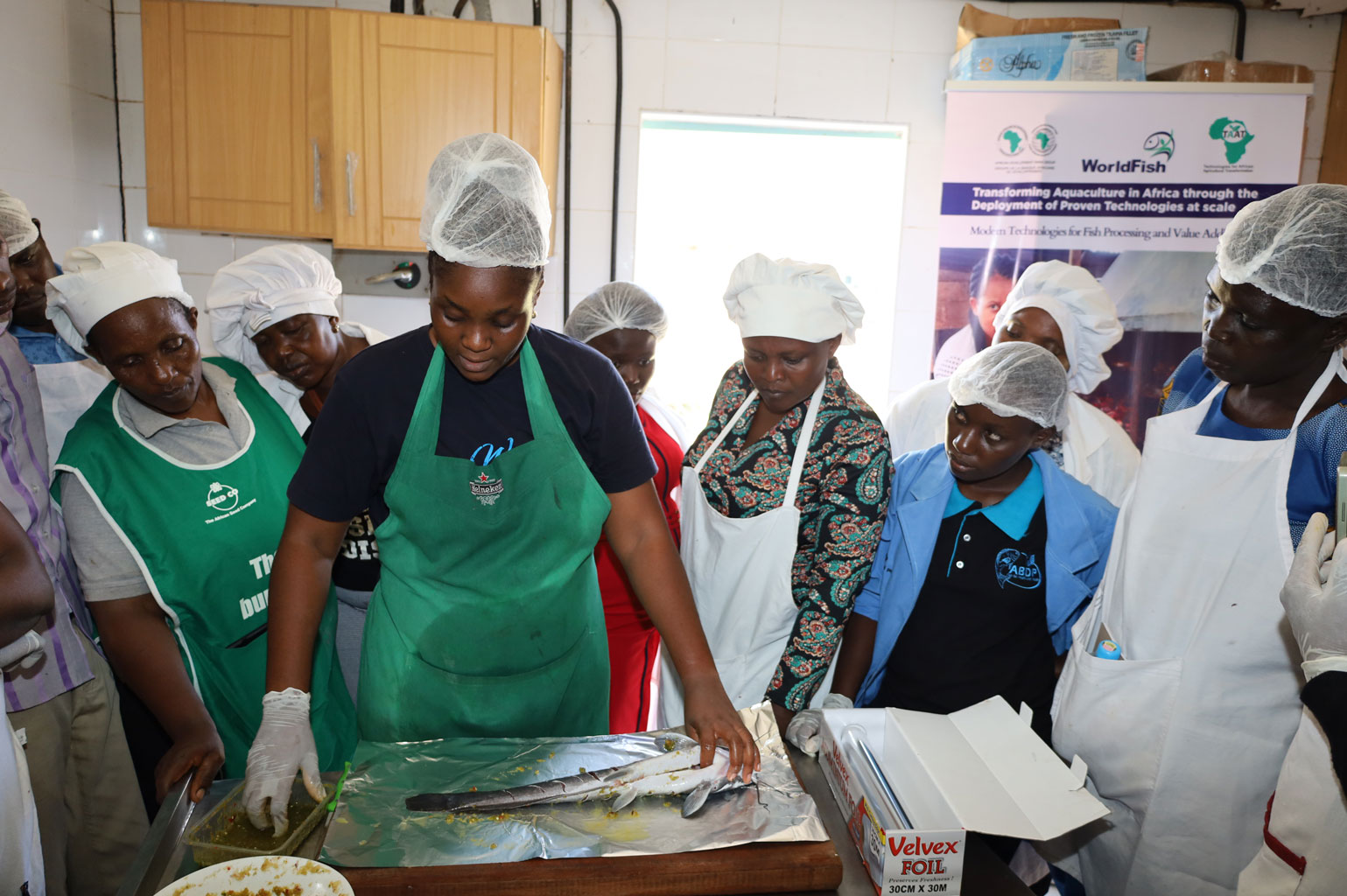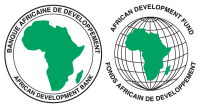Technologies for African Agricultural Transformation (TAAT) is a program initiated by the African Development Bank (AfDB) as part of its Feed Africa Initiative. TAAT's main objective is to increase agricultural productivity and household incomes by expanding access to nutritious climate-resilient agricultural technologies in low-income Regional Member Countries (RMCs) across Africa by 2026. The TAAT program operates as a network of interacting "Compacts" with ten specific commodity value chains, and six others serving as "enablers" that provide the needed specialist services. Ten value chain Compacts are rice, maize, cassava, wheat, sorghum/millet, soybean, orange-flesh sweet potato, high-iron beans, fish, small ruminants, and poultry, with cross-cutting support of capacity development and technology outreach (CDTO), and youth in agribusiness Compacts. The Fish Compact is led by WorldFish and implemented with a range of national and local partners.
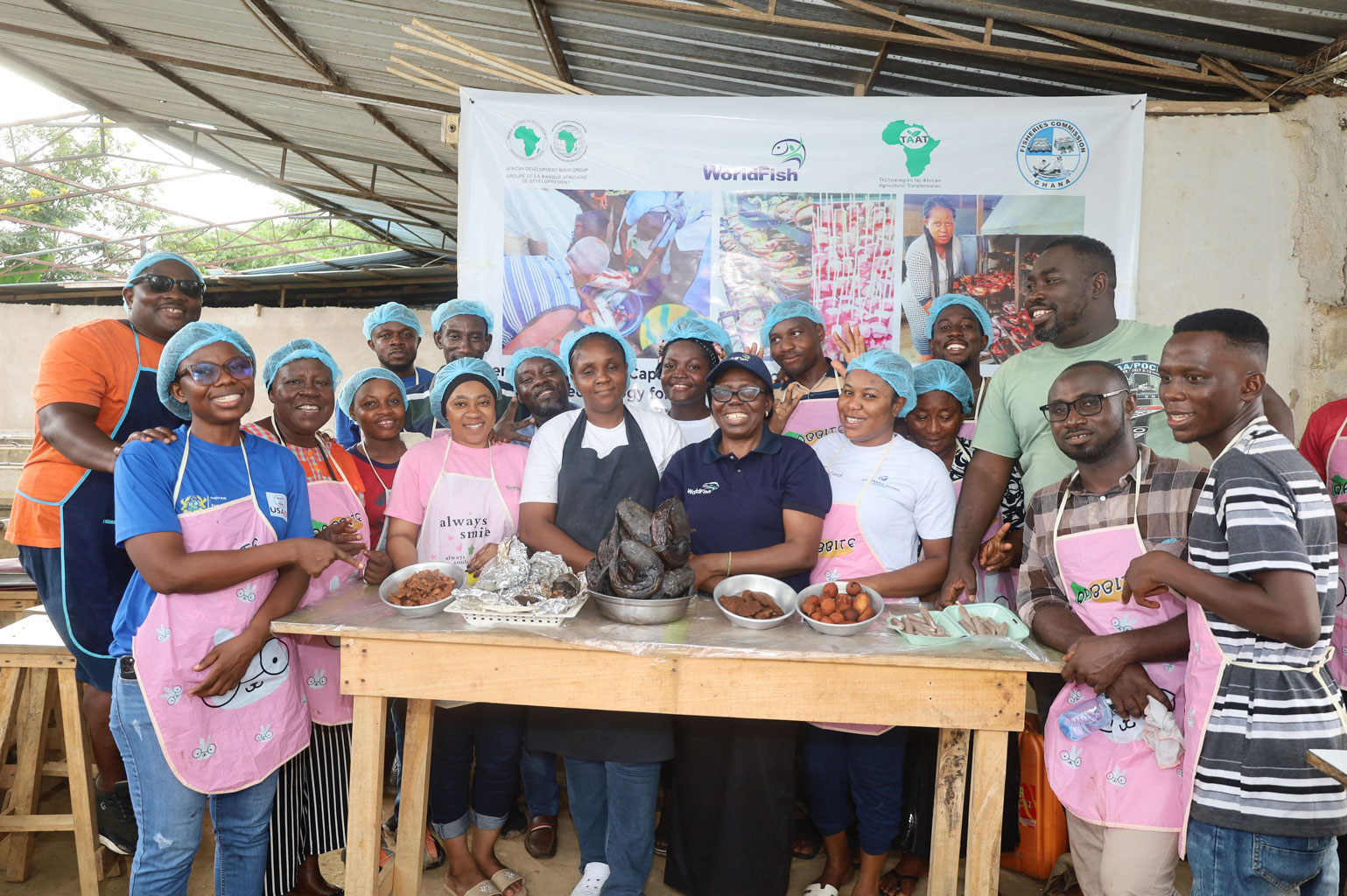
The TAAT Fish Compact aims to solve several challenges in the African aquaculture industries. First is an undefined catfish and tilapia seed roadmap, which leads to an inadequate fingerling supply. There is a lack of adequate hands-on training/technical skills in catfish and tilapia seed production, quality low-cost fish feed production and fish value addition for aquaculture small- and medium-scale enterprises. Innovation Platforms (IPs) organized for promotion of field days and outreach events are inadequate to promote opportunities for further scaling of WorldFish/TAAT fish technologies through national stakeholders. Therefore, there's an inability of bringing together multi-stakeholders for increased fish production needed to run aquaculture enterprises as a business model. This reduces profitability of the venture and business growth for poverty reduction among aquaculture value chain actors.
Specific objectives of Fish Compact are to conduct Training of Trainer (ToT) workshops for public and private extensionists, fish breeders, fish farmers, fish processors, fish feed millers, and institutions involved in aquacultural extension on WorldFish/TAAT II Fish Compact technologies. These include mass production of mono-sex tilapia seeds using hapa system and improved rearing technologies, Better Management Practices (BMPs); production of fast-growing seeds of catfish, hybrids of Heterobranchus species and Clarias species; improved rearing technologies, BMPs; formulation of quality low-cost fish feed using crop residue/local feed ingredients, BMPs on fish feed production and modern technologies for fish processing and value addition using climate-smart technologies. Other activities include conducting ToTs of public and private extensionists for e-registration, dissemination of extension and other educational materials through information and communication technology (ICT) tools and data collection of actors. Training and strengthening of capacity of young agribusiness owners, youth groups, and women groups on effective aqua-business development are also a focus. Standard Operating Procedures (SOPs) will be established along the value chain and technical support provided for all the actors.
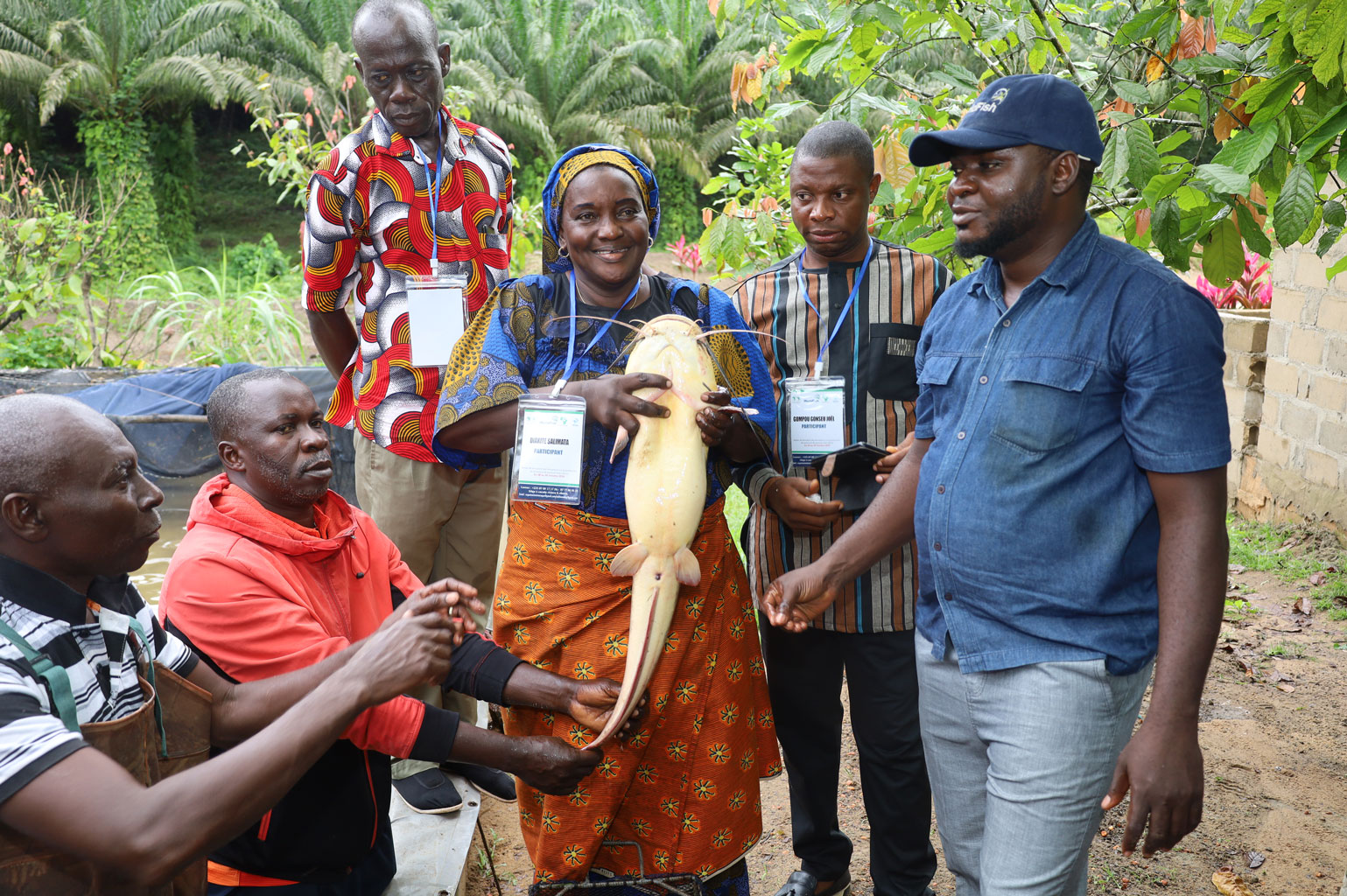
Focus of TAAT II is to support capacity development and demonstrate aquaculture technologies to aquaculture value chain actors and other relevant institutions for scaling of aquaculture and commercialization that can catalyze large-scale increase in fish production in Africa.
Key Milestones
- AfDB and development partners’ country programs mainstreaming TAAT technologies component into project documents and implementation: at least two countries' projects.
- Proven climate-smart aquacultural technologies enhancing productivity availed to farmers (disaggregated per sex, per training types), at least two
- People trained on good agricultural practices and climate-smart agricultural practices (disaggregated by sex, per compact), at least 50% of them women
- Volume of certified fish seeds of climate resilient species produced (disaggregated by type, per commodity): 90,000,000
- Roadmap developed for fish seed systems
- Individuals involved in agribusiness small- and medium enterprises (disaggregated by sex and age groups), at least 50% of them women
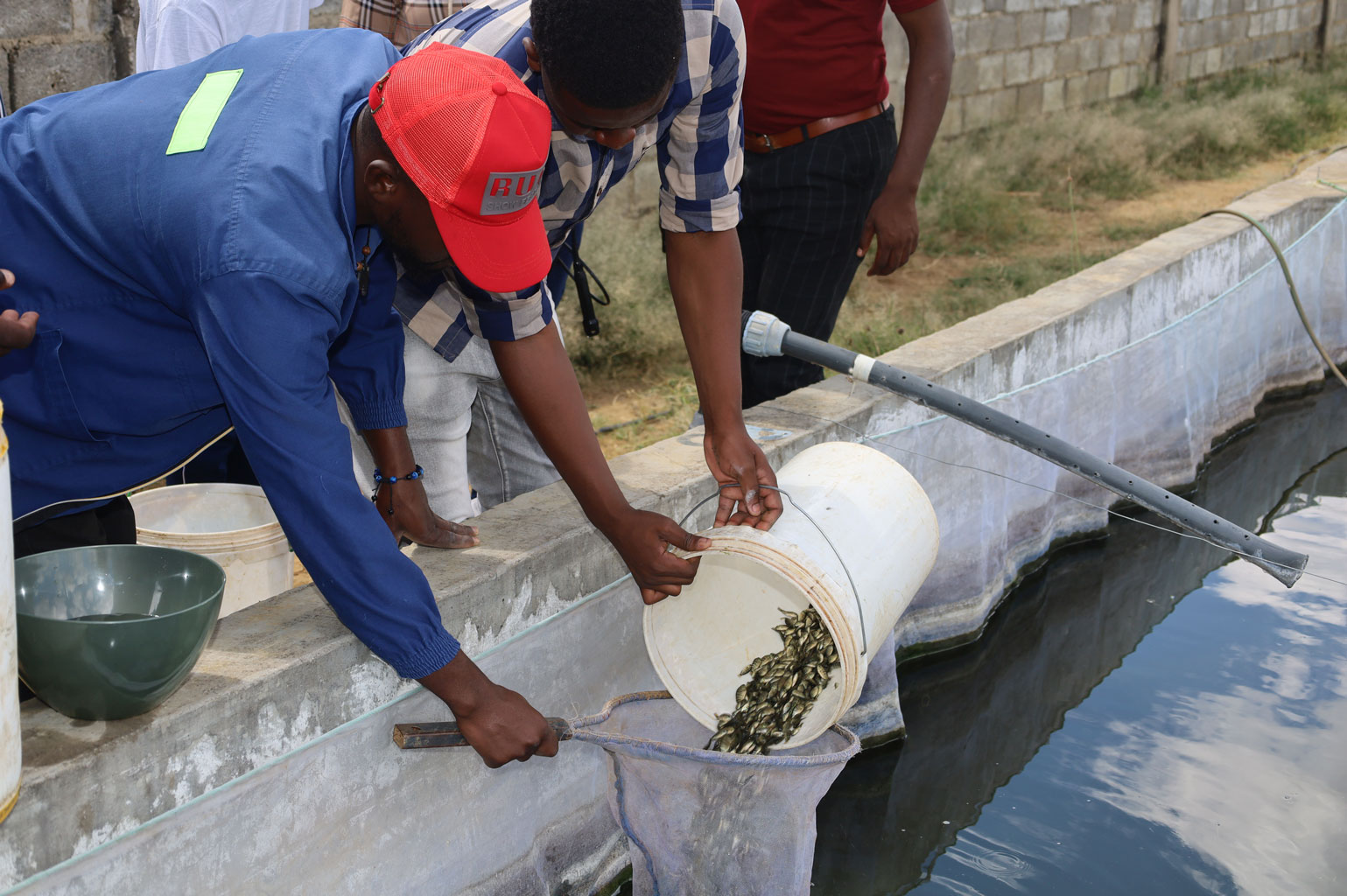
Research Areas
- Create an enabling environment for aquaculture technology adoption by the value chain actors through policies for deployment and adoption of food production technologies that are regionally harmonized and environmentally sustainable.
- Facilitate effective delivery of technologies to aquaculture value chain actors by working with existing Regional Technology Delivery Infrastructure in a Compact with RMCs, represented by National Agriculture Research Extension Services (NARES) and private sector.
- Scale aquaculture production and productivity through the identification and deployment of quality tilapia and catfish seeds, production of low-cost fish feed and value addition through outreach campaigns, extension, and market linkage campaigns in RMCs.
Project team leader:
- Professor Bernadette Fregene, Fish Compact Leader
Project team members:
- Isaac Emmanuel, Fish Compact Accountant
- Elizabeth Akuwa, M&E Assistant
Partners:
- Aquaculture Association of Kenya, Nairobi, Kenya.
- Ministry of Livestock, Fisheries and Animal Industries, Yaoundé, Cameroon.
- Fisheries Commission, Ministry of Fisheries and Aquaculture Development in Ghana.
- Zambia Aquaculture Solutions Limited in Zambia.
- Innovative Fish Farmers Network Trust (IFFNT) in Malawi.
- International Institute of Tropical Agriculture (IITA) DR Congo
- Nationale des Aquaculteurs de Côte d'Ivoire (ANAQUACI), Abidjan, Côte d' Ivoire.
- Direction de la Promotion des Filières Halieutiques (DPFH) Bujumbura, Burundi.
- Production Halieutique (DPH) – Diverses Prestations, headquartered in Ministère de l'Agriculture, de l'Elevage et de la Pêche (MAEP), Benin.
- Rwanda Agriculture and Animal Resources Board (RAB) in Rwanda.
- Tanzania Fisheries and Education Training Agency (FETA) of the Ministry of Livestock and Fisheries.
